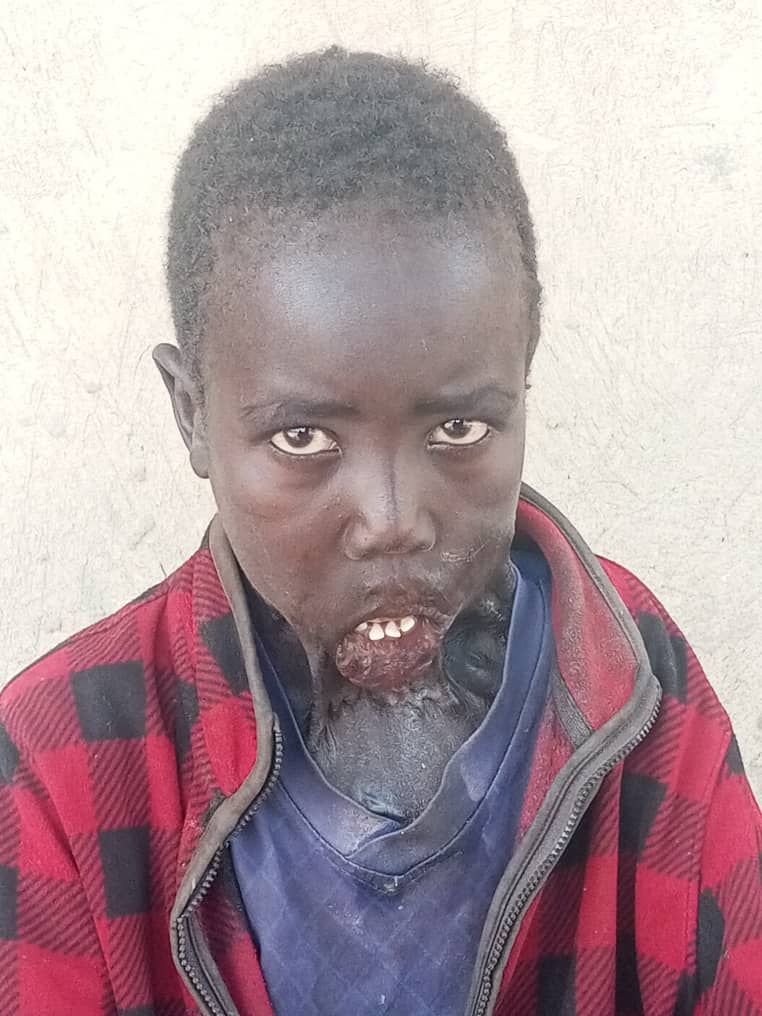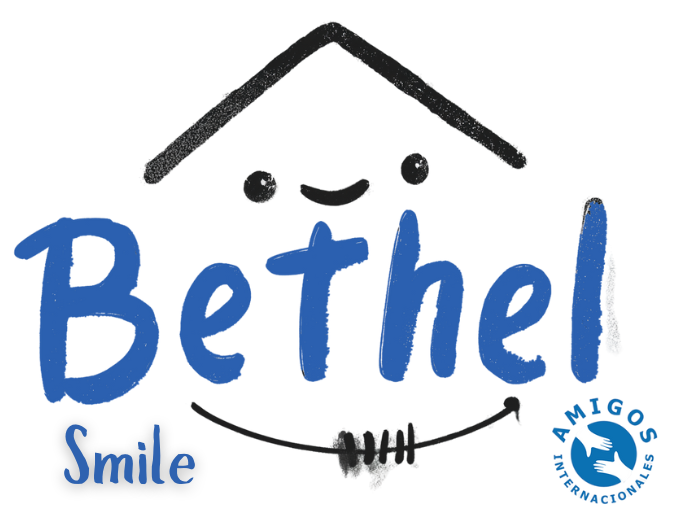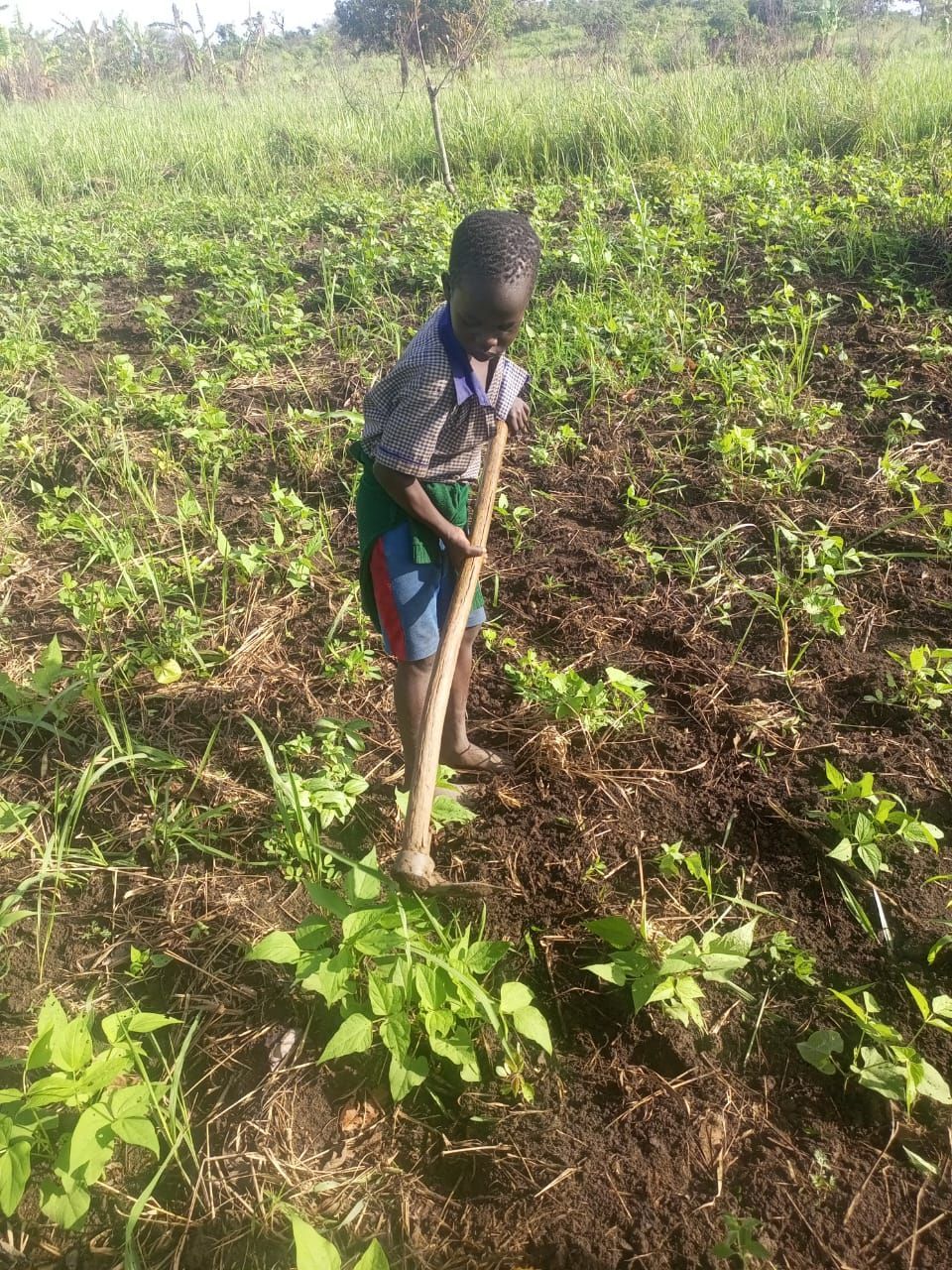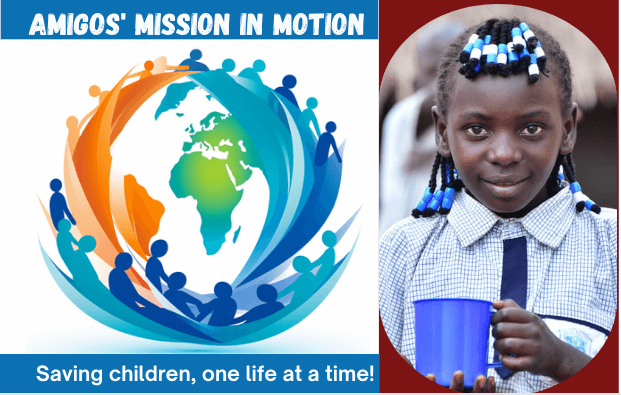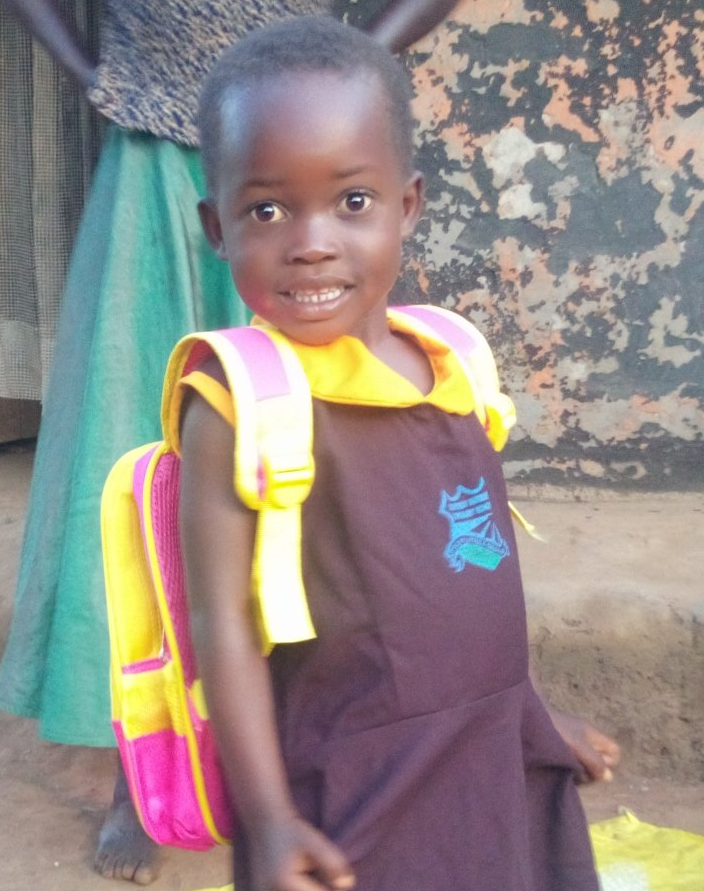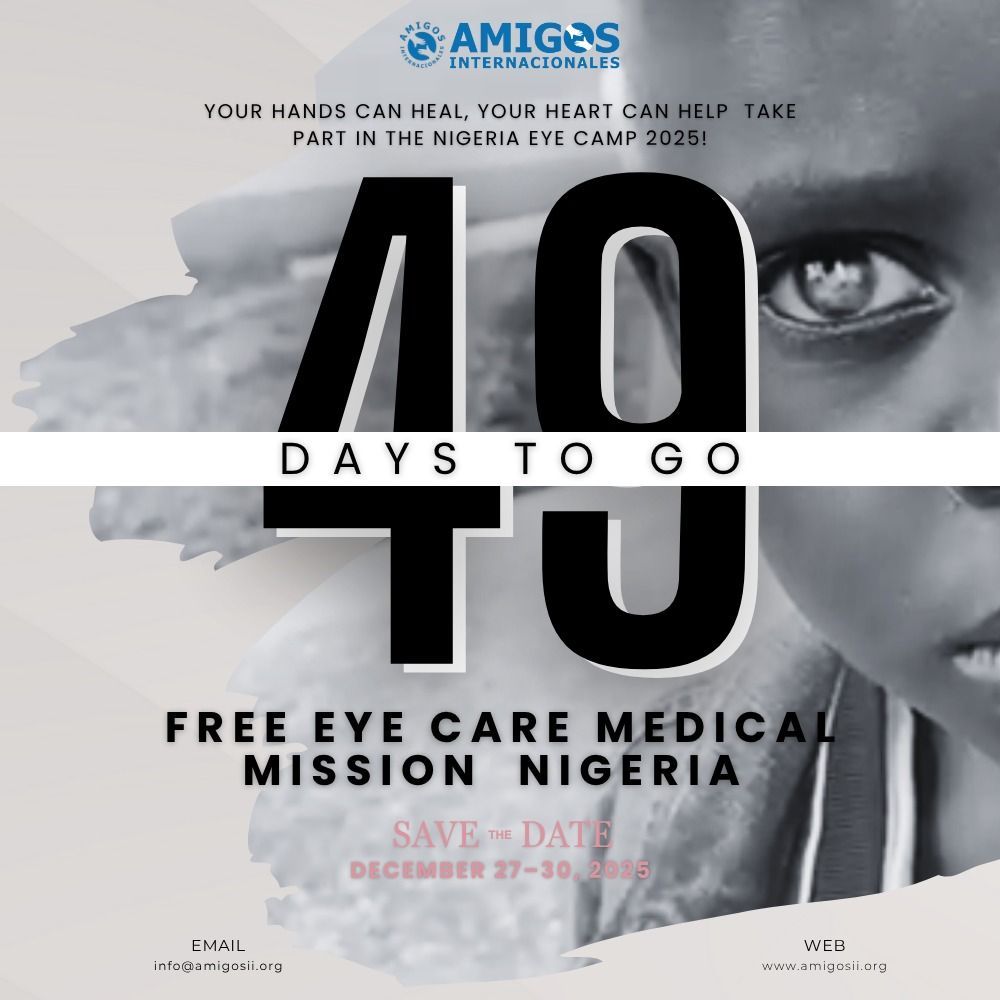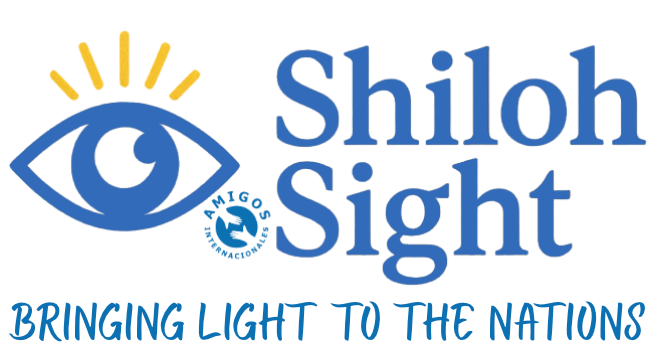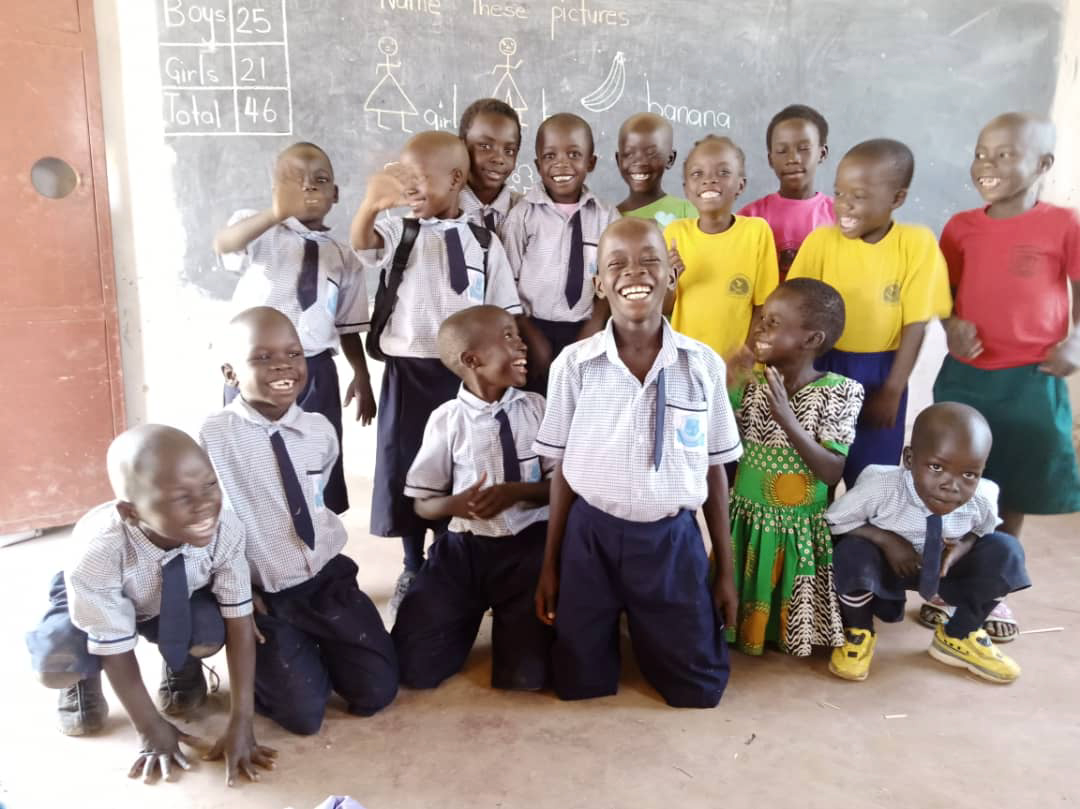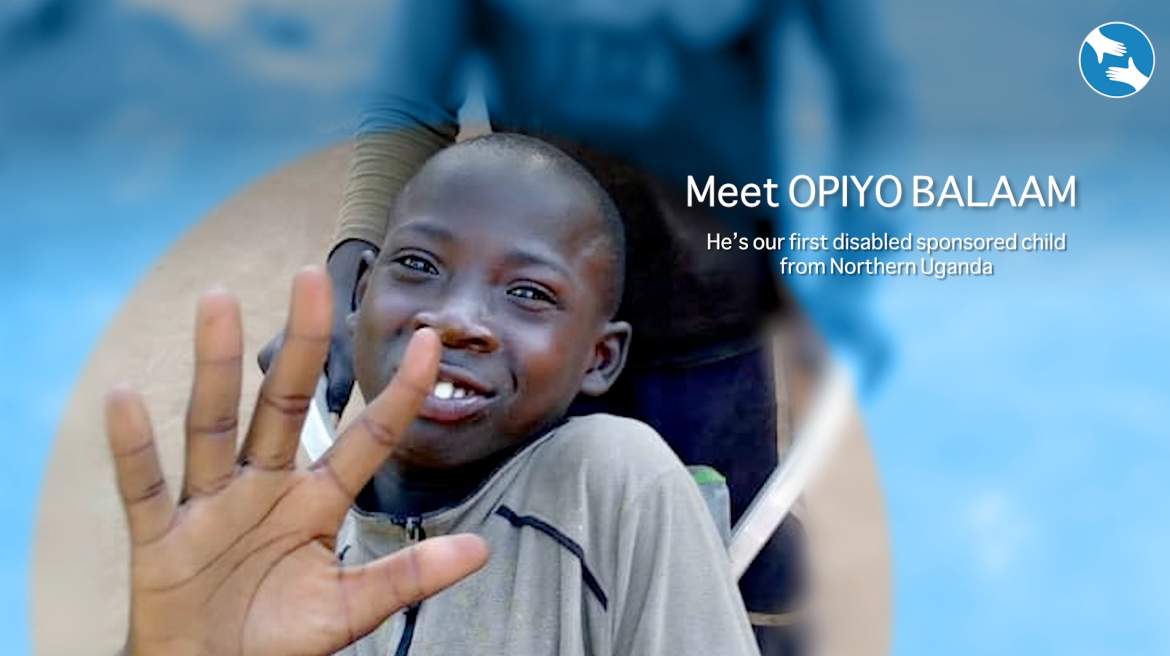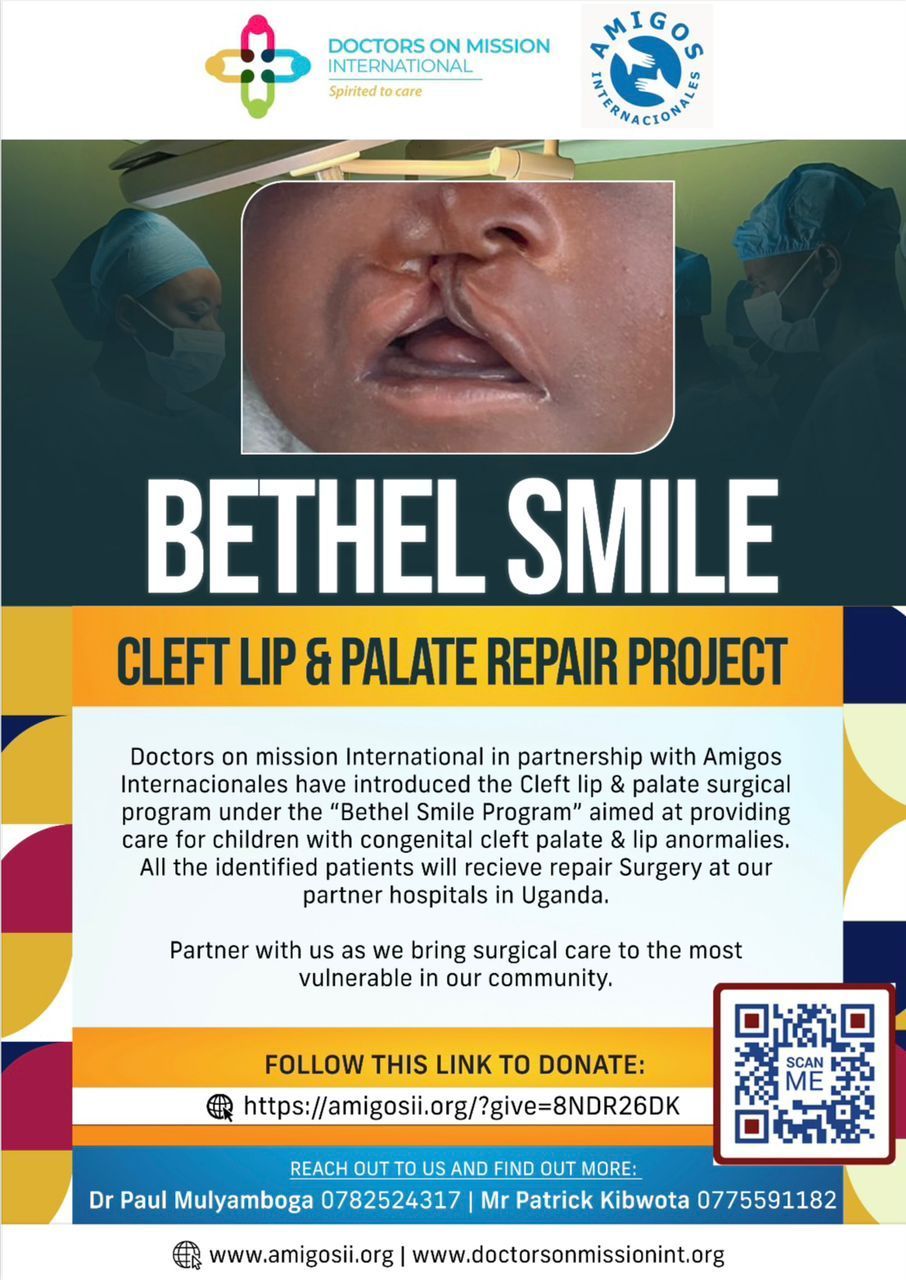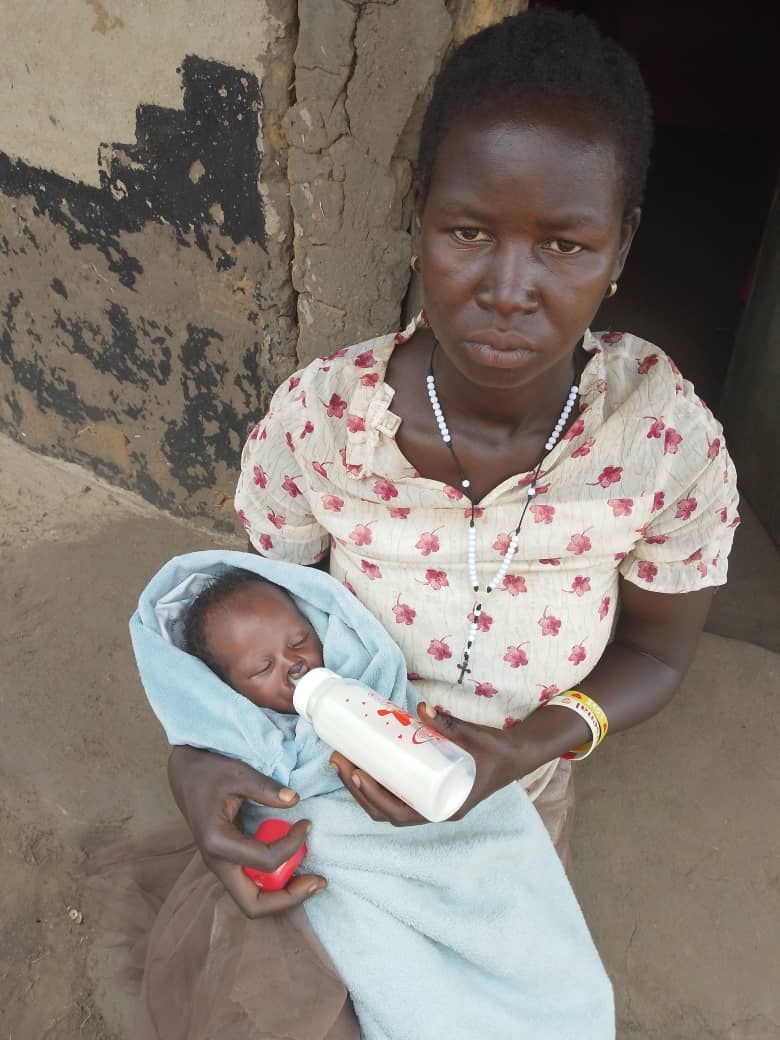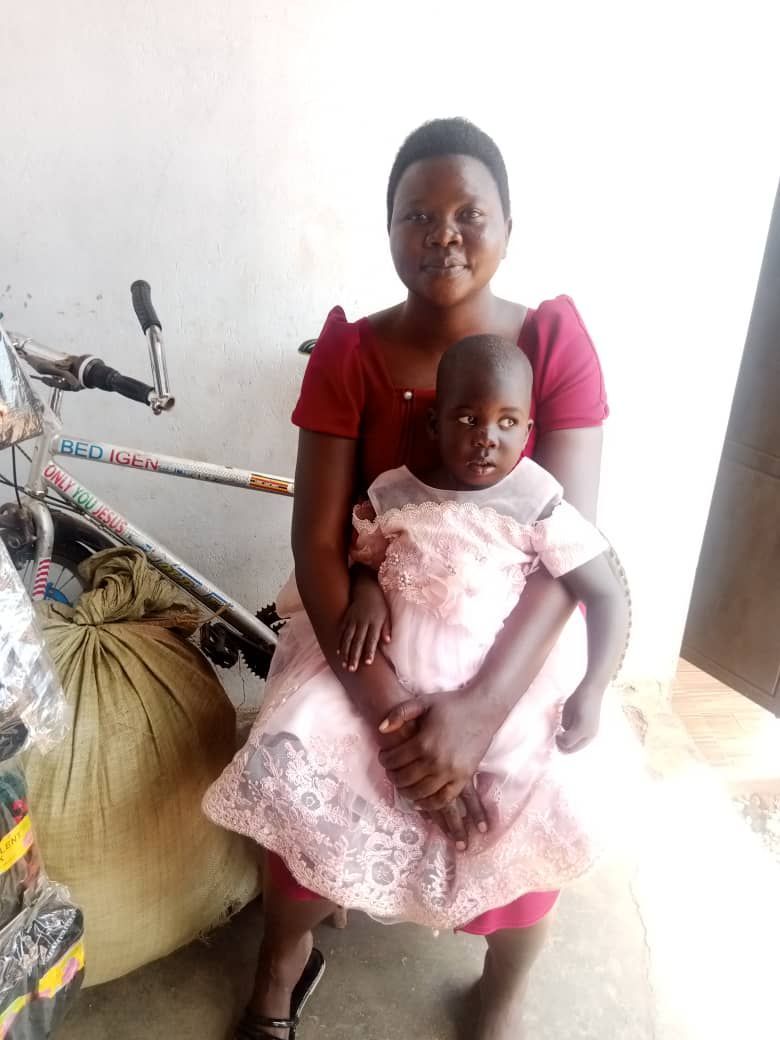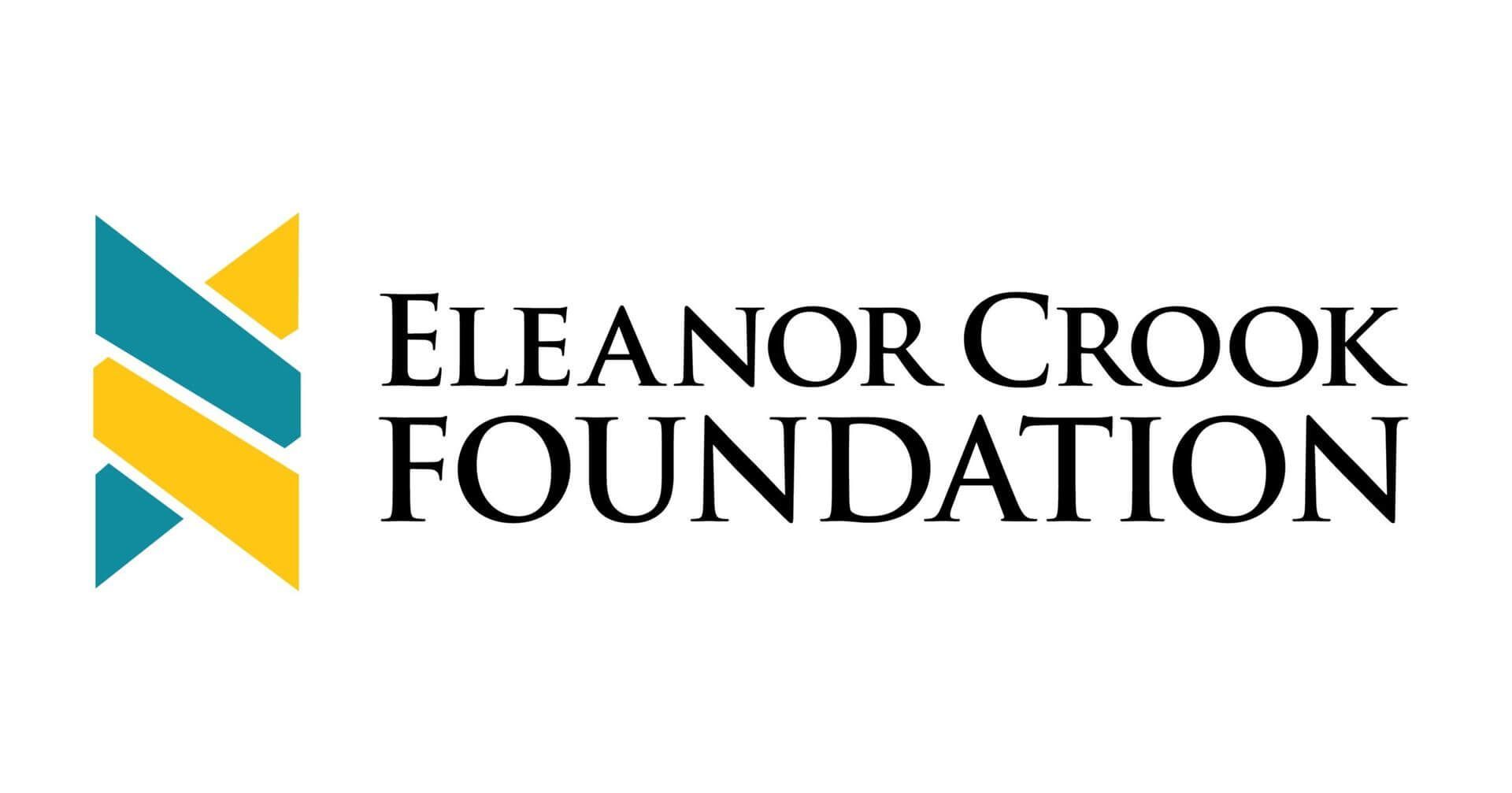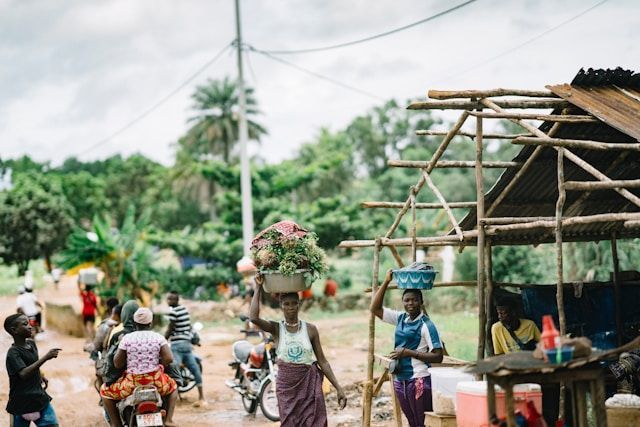
Food insecurity means not having reliable access to enough nutritious food to live a healthy, active life. It’s not just about hunger, it’s about the anxiety of not knowing where your next meal is coming from or being forced to eat low-quality food just to survive. In 2025, food insecurity remains one of the most urgent global issues. It's driven by multiple factors:
- Climate change is causing erratic weather, droughts, and floods that destroy crops and reduce yields.
- Armed conflicts disrupt farming and displace millions of people.
- Economic instability and inflation make food unaffordable, especially for low-income families.
Who suffers the most?
Vulnerable communities in regions like Sub-Saharan Africa, South Asia, and Middle Eastern conflict zones are hit hardest. Refugees, displaced families, and children are often at the highest risk of malnutrition and hunger.
What Is Food Insecurity?
Food insecurity is more than just hunger, it refers to a lack of consistent access to sufficient, safe, and nutritious food that meets people’s dietary needs and food preferences for an active and healthy life. It reflects both short-term emergencies and long-term systemic failures in food systems.
Types of Food Insecurity:
1. Chronic Food Insecurity
Chronic food insecurity is long-term or persistent. It occurs when people are unable to meet their food needs over an extended period due to poverty, lack of infrastructure, or recurring crises. This type is common in underdeveloped regions where food access is perennially limited and is closely tied to deep-rooted inequality and weak governance systems.
2. Acute Food Insecurity
Acute food insecurity is short-term and severe, often resulting from sudden shocks such as conflict, natural disasters, displacement, or economic crashes. It reflects immediate threats to life or livelihoods and often requires urgent humanitarian intervention.
How Is Food Insecurity Measured?
To understand and address food insecurity, international organizations use several tools to assess severity and scope:
IPC Scale (Integrated Food Security Phase Classification)
The IPC is a standardized tool that classifies food insecurity into five distinct phases:
- Phase 1: Minimal
- Phase 2: Stressed
- Phase 3: Crisis
- Phase 4: Emergency
- Phase 5: Famine
Each phase reflects the degree of food access, malnutrition rates, and livelihood disruptions in a given population. For example, a country in Phase 3 requires immediate action to prevent a worsening crisis.
Global Hunger Index (GHI)
The Global Hunger Index combines multiple indicators to assign a hunger score to each country. These indicators include:
- Undernourishment
- Child wasting (low weight for height)
- Child stunting (low height for age)
- Child mortality
The GHI helps compare hunger levels across nations and track progress over time.
Top 5 Causes of Food/Hunger Insecurity in 2025
Food insecurity in 2025 is driven by a complex mix of factors, some long-standing and others rapidly emerging. These top five causes are deeply interconnected and continue to threaten millions of lives worldwide.
1. Conflict and Political Instability
Armed conflict remains the leading driver of food insecurity, especially in vulnerable regions. Wars destroy farmland, displace communities, block humanitarian aid, and destabilize supply chains.
- Displacement forces families to flee their homes and abandon their farms.
- Looting and blockades often target food stocks and restrict trade routes.
- Agricultural production declines sharply in conflict zones, causing severe shortages.
Examples:
In Sudan, ongoing civil war has forced millions into famine-like conditions, especially in Darfur and Khartoum.
In Yemen, nearly a decade of war has devastated the economy, collapsing food systems and leaving millions of people food insecure.
2. Climate Change and Extreme Weather
Rising global temperatures and erratic weather patterns are devastating agricultural systems.
- Droughts reduce crop yields and dry up pasturelands.
- Floods and cyclones wipe out harvests and livestock.
- Desertification and soil degradation reduce usable farmland.
These impacts are most severe in regions dependent on rain-fed agriculture, where even a short dry spell can mean widespread hunger.
Example: In the Horn of Africa, multiple failed rainy seasons have led to one of the worst droughts in 40 years, putting millions of people at risk.
3. Poverty and Economic Inequality
Even where food is available, many people can’t afford it.
- Rising inflation and currency devaluation are making staple foods unaffordable.
- Unemployment leaves families without income to purchase food.
- Poor households often skip meals or resort to cheaper, less nutritious options.
Example: In parts of sub-Saharan Africa, basic food baskets cost more than 70% of a household’s daily income.
4. Poor Infrastructure and Market Access
In many developing areas, food doesn’t make it from farm to table because of systemic infrastructure gaps.
- Lack of proper roads makes it hard to transport goods to markets.
- Insufficient storage leads to post-harvest losses.
- Unreliable electricity and transport systems worsen spoilage.
This leads to wasted food and limited availability, especially in rural and conflict-prone regions.
Example: In remote parts of the Democratic Republic of Congo, harvested produce spoils before reaching markets.
5. Lack of Agricultural Investment & Support
Small-scale farmers who feed a large portion of the developing world often lack resources and support.
- Outdated tools and practices limit productivity.
- Access to quality seeds, fertilizers, irrigation, and training is minimal.
- Without financial services like crop insurance or credit, farmers can't recover from losses.
Example: In West Africa, many farmers are still dependent on manual labor and rain-fed agriculture, making them vulnerable to climate shocks and market volatility.
Impacts/Effects of Food Insecurity
Food insecurity is more than just going to bed hungry—it’s a daily struggle that silently erodes health, limits opportunity, and weakens communities. In 2025, its effects are being felt more deeply than ever, particularly in vulnerable regions of Africa, Asia, and the Middle East.
1. Malnutrition Among Children
One of the most devastating consequences of food insecurity is malnutrition, especially among young children. When children don't receive the nutrients they need, their growth and development are severely affected.
- Stunting occurs when children are too short for their age due to chronic undernutrition. It doesn’t just affect height, it limits brain development, learning ability, and future earning potential.
- Wasting, or extreme thinness, results from acute malnutrition. It drastically weakens the immune system, leaving children vulnerable to deadly infections.
- For mothers, poor nutrition can lead to high-risk pregnancies and increase the likelihood of low birth weight babies.
2. Rising Mortality and Weakened Health Systems
Hunger kills. It may not always make headlines like war or natural disasters, but food insecurity is one of the leading drivers of preventable deaths worldwide.
- Malnourished individuals are more likely to contract diseases like malaria, pneumonia, and tuberculosis.
- Children weakened by hunger are up to 11 times more likely to die from common illnesses than well-nourished children.
- In regions facing both conflict and famine, such as Sudan, entire health systems collapse, and starvation becomes a major cause of mortality.
3. Education and Future Potential Are Lost
Food insecurity doesn’t stop at the dinner table—it follows children into the classroom. When families can't afford meals, learning suffers.
- Hungry children have difficulty concentrating, retaining information, or even staying awake during class.
- Many are forced to skip school to help their families earn money or collect food, particularly in rural communities.
- Girls are often the first to drop out, leading to early marriages, missed opportunities, and a lifetime of inequality.
4. Economic Decline and Lost Productivity
The impact of food insecurity also spills over into the labor force and national economies.
- Malnourished adults are less productive, have lower physical stamina, and are more prone to illness.
- Entire communities face reduced economic output when workers can't perform consistently or are sidelined by hunger-related health issues.
- This stalls national progress, making it harder for developing countries to invest in infrastructure, education, and healthcare.
5. A Deepening Cycle of Poverty and Instability
Food insecurity is both a cause and a consequence of poverty, trapping families and nations in a vicious cycle that’s hard to break.
- Children born into hunger often grow up with fewer opportunities, staying locked in poverty.
Desperation can lead to unrest, displacement, and conflict, further disrupting food systems. - For governments, managing chronic hunger drains resources that could otherwise go toward growth and development.
Solutions: How to Lower Food Insecurity?
While the global food crisis feels overwhelming, there are practical, proven solutions that are making a difference. Addressing food insecurity requires both immediate relief and long-term systems change, especially in the most vulnerable regions.
Short-Term Solutions:
- Emergency food aid and nutrition programs
Humanitarian aid organizations step in during famines, droughts, and conflict-related hunger. Distributing nutrient-rich food, therapeutic meals for malnourished children, and clean water prevents mass mortality. - School feeding programs
Providing free school meals keeps children in class and ensures they receive at least one nutritious meal a day. It also eases the burden on struggling families and boosts school attendance, especially for girls. - Cash transfers or food vouchers
These allow families to buy food locally, preserving dignity and supporting the local economy. In regions where markets still function, this form of aid is more flexible and empowering than direct food donations.
>> Related Post: Sponsor a Child: $38 Unlocks a Future in Uganda
Long-Term Solutions:
- Climate-resilient agriculture
With unpredictable weather patterns and rising temperatures, farmers must adapt. Techniques like drought-resistant crops, water harvesting, and agroforestry improve yields even in harsh environments. - Women-led farming cooperatives
Empowering women who make up nearly half of Africa’s agricultural workforce leads to stronger, more resilient communities. Cooperatives give them access to land, credit, tools, and decision-making power. - Investment in local food systems and infrastructure
Building roads, storage facilities, and local markets helps reduce post-harvest losses and ensures food gets to where it's needed. Strengthening local supply chains also reduces dependency on imports. - Policy reforms and international partnerships
Governments and NGOs must work together to reform agricultural policies, improve land rights, and secure global funding. Multilateral cooperation ensures no country faces food insecurity alone.
>> Related Post:
Top 10 poorest African countries in 2025
Amigos Internacionales Efforts to End Hunger
At Amigos Internacionales, we believe that no one should go to bed hungry, especially not children. That’s why we work hand-in-hand with local communities to create sustainable solutions to hunger and poverty.
- Feeding Programs: Amigos serves daily balanced meals to 150 kids at Open Hands Academy and orphans at Harvest of Hope in Uganda, fighting malnutrition with proteins, veggies.
- Gardens: Plants vegetable gardens near schools for fresh produce, teaching sustainable farming to ensure long-term food security.
- Clean Water: Drills $10,000 deep wells, like at Open Hands, serving 150 kids, reducing illness so kids absorb nutrients better.
- Education: Runs schools to feed and teach kids, breaking poverty’s role in hunger; 7M meals served across Africa, Central America.
- Community Support: Trains locals in nutrition, farming, creating jobs to boost food access.
>> Help end hunger. Donate at Support Amigos!
Conclusion
Food insecurity in 2025 is one of the most pressing humanitarian issues of our time driven by conflict, climate change, and systemic inequality. Its effects are devastating, but they are not irreversible. Through a combination of emergency relief and sustainable development, and by supporting organizations on the frontlines like Amigos, we can turn hunger into hope.
FAQs
1. How do nonprofit organizations help combat food insecurity?
Nonprofits are key in tackling food insecurity by providing emergency food relief, supporting sustainable farming projects, and advocating for policy changes.
2. What makes a food aid organization effective in 2025?
Effective food aid organizations in 2025 combine transparency, local partnerships, and long-term solutions. They distribute food and invest in resilient agriculture, nutrition education, and infrastructure. Trusted organizations also publish impact reports, use donations efficiently, and adapt quickly to emergencies like war or displacement.
3. How can I support a food relief organization beyond donating?
In addition to financial contributions, you can support food relief efforts by:
- Volunteering your time or skills (especially in logistics, fundraising, or communications).
- Sharing campaigns and educating your network.
- Fundraising through events, social media, or peer-to-peer platforms.
- Advocating for global hunger relief policies in your country. Even small actions can amplify an organization's reach and impact.
4. What should I look for when choosing an organization to donate to?
Look for organizations that are:
- Registered nonprofits with clear missions.
- Transparent about how donations are used (via reports or dashboards).
- Focused on both immediate relief and long-term food security. Sites like Charity Navigator or Guidestar can help you vet organizations before giving.
Categories
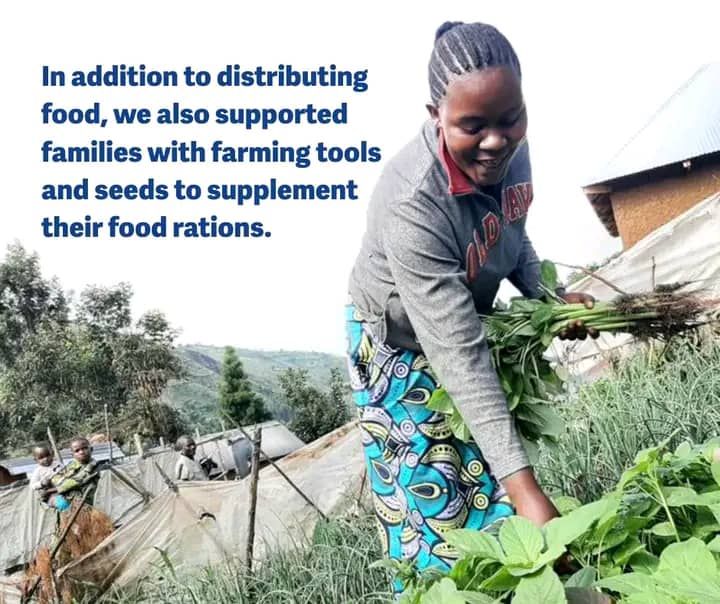
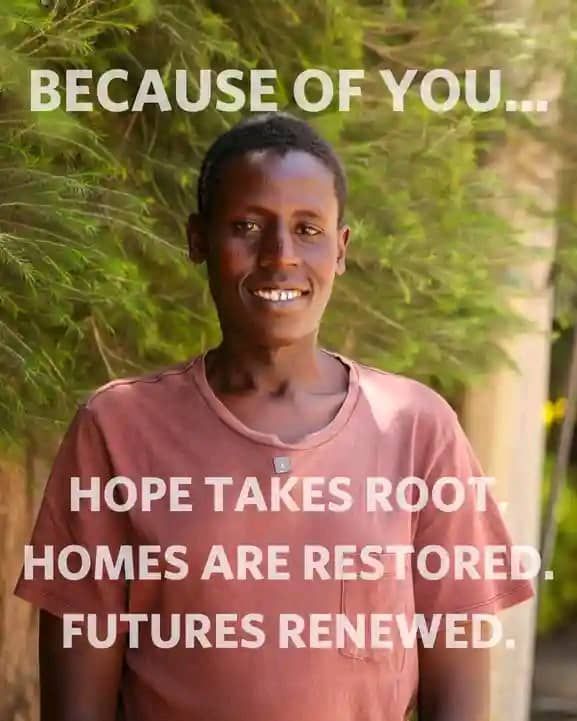
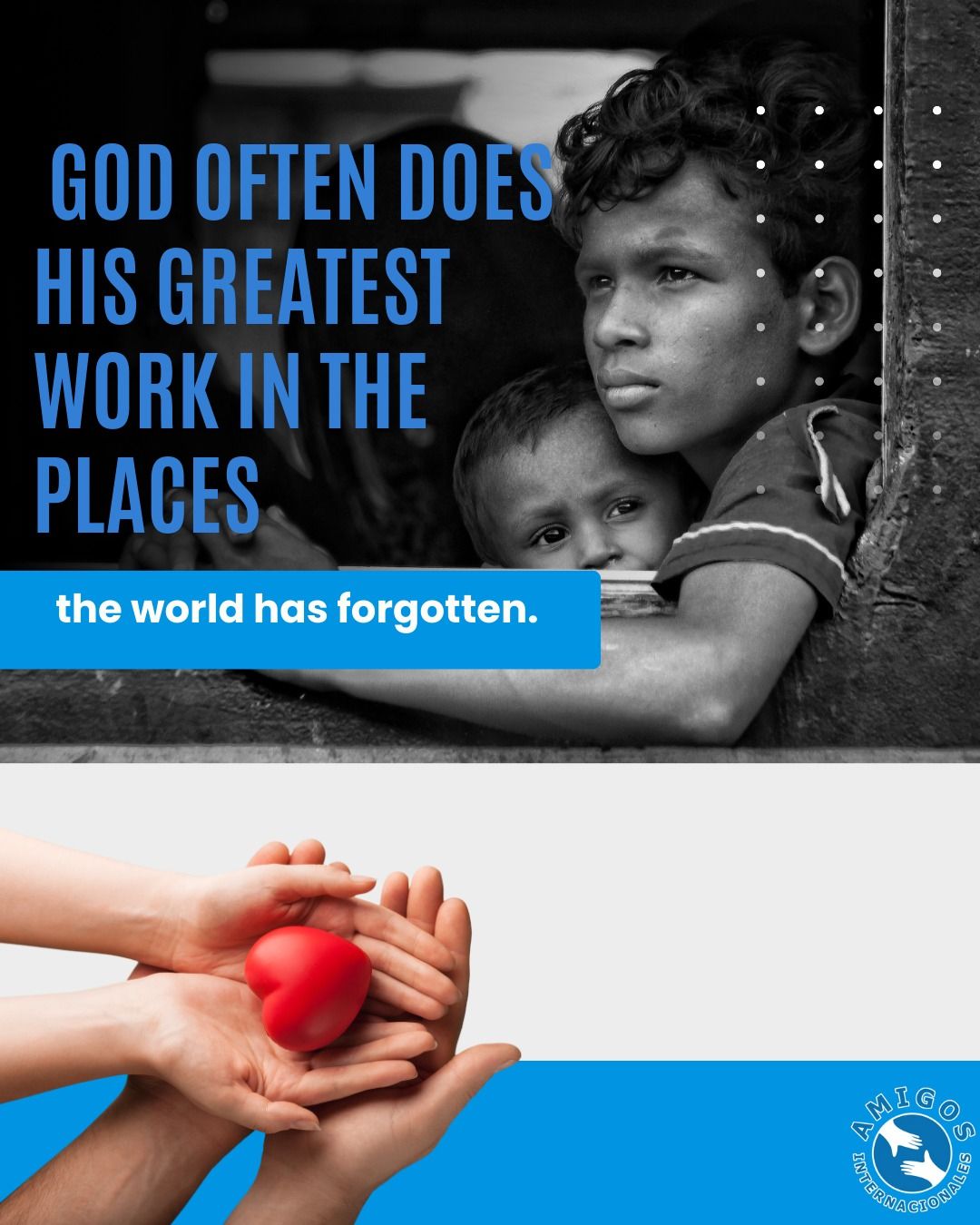
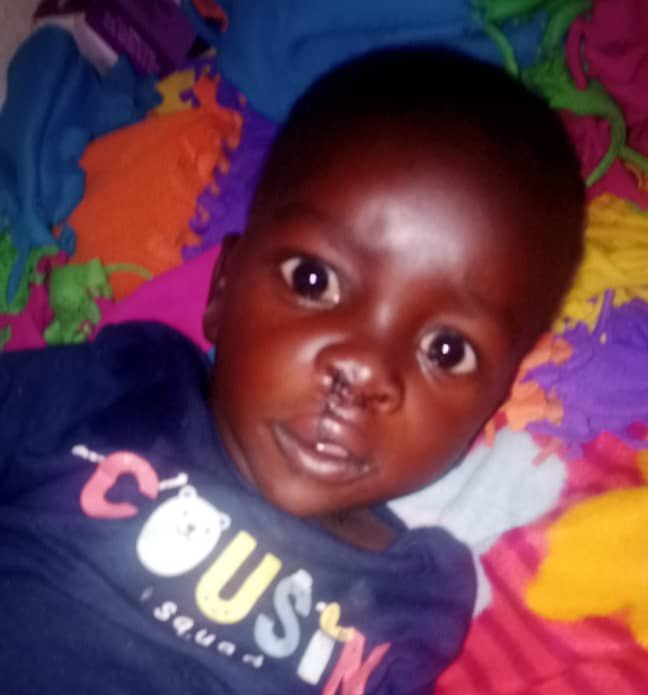
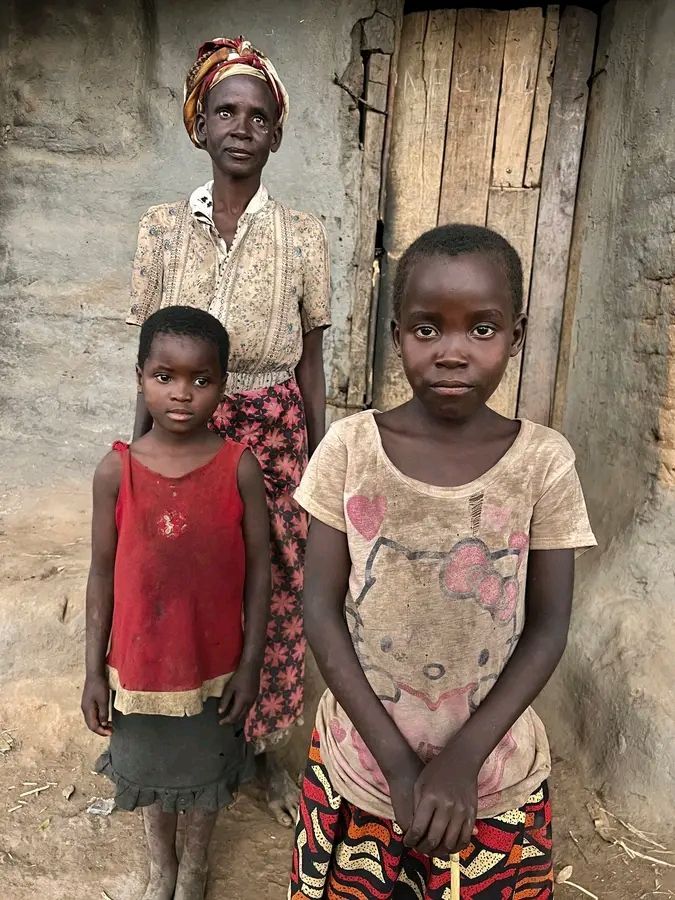

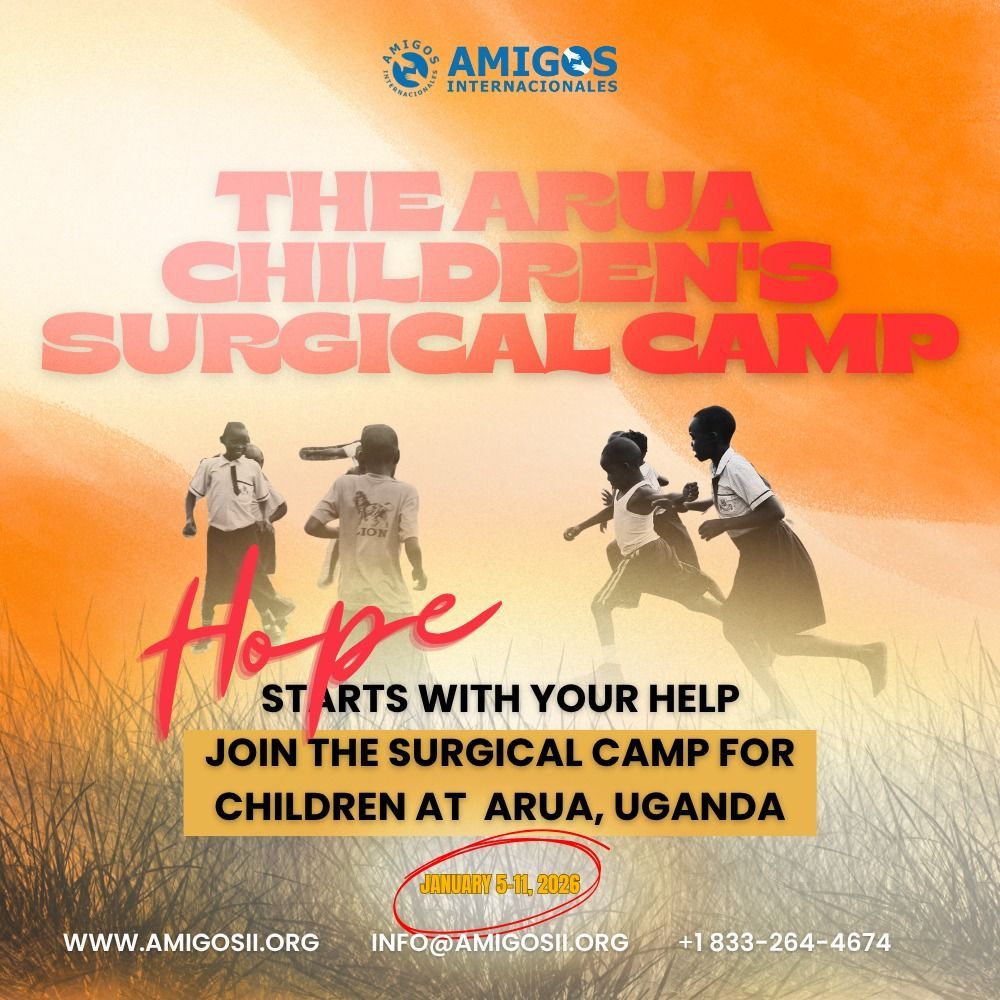
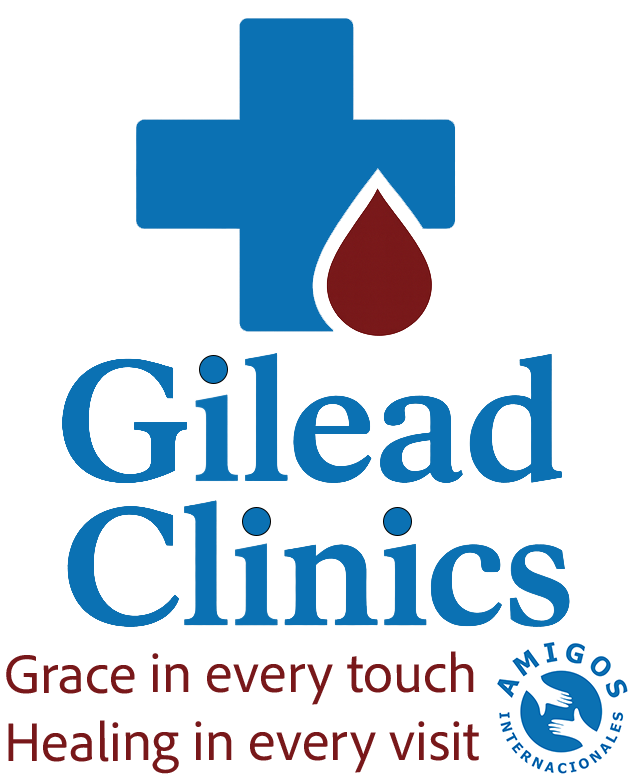
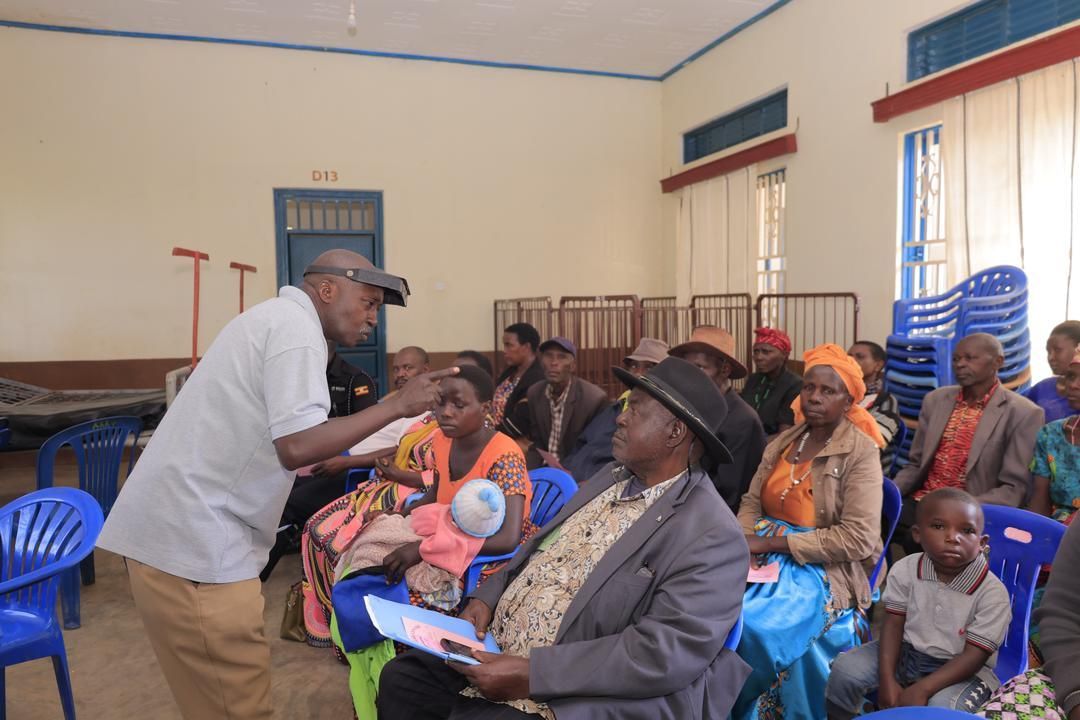
Social Media









